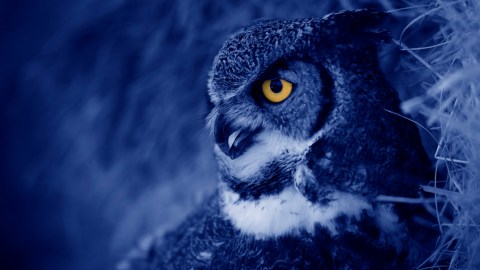What Staying Up Late Says about Your Intelligence Level

According to evolutionary psychologist Satoshi Kanazawa, individuals who go to bed and wake up later tend to be more intelligent than those who stick to a more diurnal schedule. Kanazawa reached this conclusion by analyzing data about children’s sleep patterns:
“Net of a large number of social and demographic factors, more intelligent children grow up to be more nocturnal as adults than less intelligent children… For example, those with a childhood IQ of less than 75 (‘very dull’) go to bed around 23:41 on weeknights in early adulthood, whereas those with a childhood IQ of over 125 (‘very bright’) go to bed around 00:29.”
Kanazawa began by forming a hypothesis based on evolutionary precedent: since being a night owl is a break away from the traditional human routine, those who opt for a nocturnal lifestyle are more likely to be brighter than their morning lark peers.
Here is Kanazawa explaining why smart people tend to have more crazy behavior.




